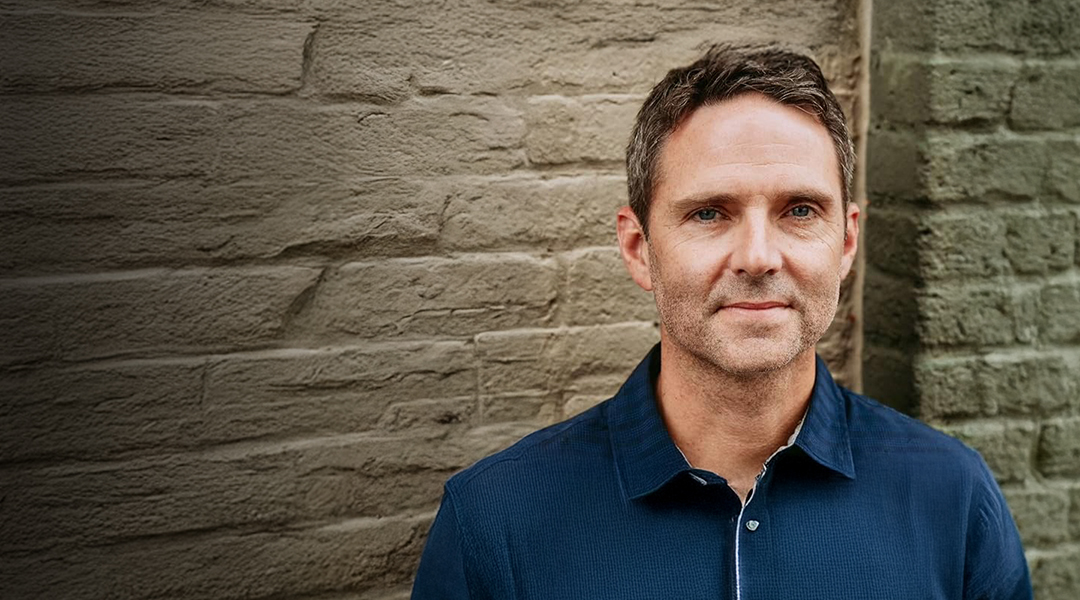Grundfos (A): “Be, think, innovate”
Poul Due Jensen (PDJ), the son of a Danish workhouse manager, had seen first-hand how harsh life can be. He understood early on that he needed to stand on his own two feet. After being orphaned aged 17, he worked as a machine operator, but soon founded his own water technology company, Grundfos Holding A/S, in 1944. He responded to a customer’s need for a high-quality water pump by designing and manufacturing something completely new. As the company grew and expanded, its competency as a technological innovator and a quality employer became apparent. These dual passions were mutually reinforcing. A broadly educated and incentivized workforce pushed the boundaries of what was possible in providing water solutions to customers worldwide. The growing realization of the impact Grundfos’ product line could have solidified the company’s foundational commitment to helping the world’s poor. Although the business was successful, PDJ – by now 63 – needed to think about the future. Of PDJ’s four children, his son Niels was technically inclined and had worked in different positions in the company. He was ready to assume more of a leadership role. After speaking with colleagues and advisors, PDJ considered whether to change the organizational form of Grundfos from a company to a commercial foundation. A company owned by a foundation has greater focus on its purpose rather than the interests of the founding family. PDJ had seen examples of firms in which the family retained a leadership role in the enterprise, albeit from a distance on the foundation board. And a minority shareholding, along with the accompanying dividends, was often held by the founder’s family. The foundation model seemed to hold real promise for Grundfos’ future, but with less family engagement, would the corporate culture remain durable and authentic? Would being free of potential business disagreements keep his family intact? And would Grundfos still be a “family business”?
- Explore the pros and cons of a foundation ownership model for long-term, sustainable, success of a business.
- Examine the dichotomy between family culture and corporate culture that can arise in certain situations.
- Does such a move help the family avoid major tensions and conflicts in the future?
Grundfos, Services, Water Supply and Sanitary Services
Foundation until today
Cranfield University
Wharley End Beds MK43 0JR, UK
Tel +44 (0)1234 750903
Email [email protected]
Harvard Business School Publishing
60 Harvard Way, Boston MA 02163, USA
Tel (800) 545-7685 Tel (617)-783-7600
Fax (617) 783-7666
Email [email protected]
NUCB Business School
1-3-1 Nishiki Naka
Nagoya Aichi, Japan 460-0003
Tel +81 52 20 38 111
Email [email protected]
IMD retains all proprietary interests in its case studies and notes. Without prior written permission, IMD cases and notes may not be reproduced, used, translated, included in books or other publications, distributed in any form or by any means, stored in a database or in other retrieval systems. For additional copyright information related to case studies, please contact Case Services.
Research Information & Knowledge Hub for additional information on IMD publications

Sustainability trends for 2026 shape a shift to execution, strengthening resilience, competitiveness and value through circularity, AI energy systems and smarter product design.

Reuters US autos journalist Mike Colias discusses his new book Inevitable: Inside the Messy, Unstoppable Transition to Electric Vehicles, which explores how the development of electric vehicles is revolutionizing the global auto sector.

Germany’s Baufritz developed sustainable construction over its century-old existence and is exporting its environmentally friendly model across Europe

Exclusive IMD data reveals how the future of family offices is shifting as they invest in human and social capital while redefining identity to stay competitive.

Discover the new I by IMD Best Practice book series: four essential guides on leadership, strategy, governance, and sustainable transformation. Actionable insights from world-class faculty.

Explore the accelerating energy transition as IMD hosts RWE’s Kunal Chandra to discuss clean energy investment, bottlenecks, and strategic choices for leaders.

Building resilient energy systems for a fragmented world.
Family offices are experiencing a profound transformation. Once quiet back-office structures, they have become strategic engines at the heart of family wealth, legacy, and innovation. This report, a collaboration between IMD and FBN, explores how ...
The Gulf’s search for influence beyond oil now runs through Africa. Sovereign wealth fund the Qatar Investment Authority is investing $500 million in Ivanhoe Mines, a Canadian company that produces copper and other key minerals in Africa. The deal...

Staying committed on net-zero goals is crucial as companies navigate pressure from the Trump administration and difficult economic conditions.
in I by IMD
Research Information & Knowledge Hub for additional information on IMD publications
Research Information & Knowledge Hub for additional information on IMD publications
in I by IMD
Research Information & Knowledge Hub for additional information on IMD publications
Research Information & Knowledge Hub for additional information on IMD publications
in I by IMD
Research Information & Knowledge Hub for additional information on IMD publications
in I by IMD
Research Information & Knowledge Hub for additional information on IMD publications
in I by IMD
Research Information & Knowledge Hub for additional information on IMD publications
IMD Global Family Business Center, December 2025
Research Information & Knowledge Hub for additional information on IMD publications
Research Information & Knowledge Hub for additional information on IMD publications
in I by IMD
Research Information & Knowledge Hub for additional information on IMD publications

